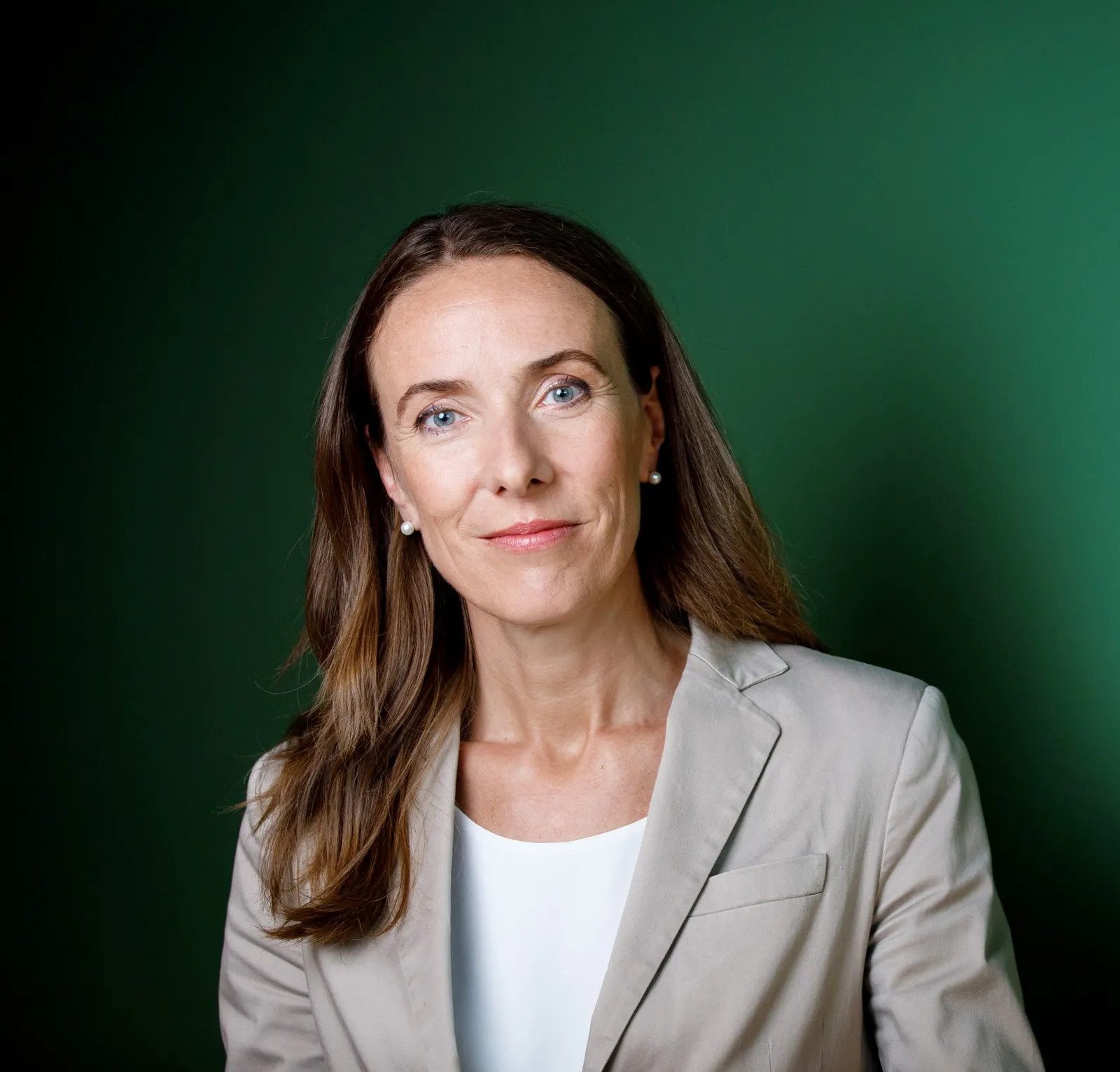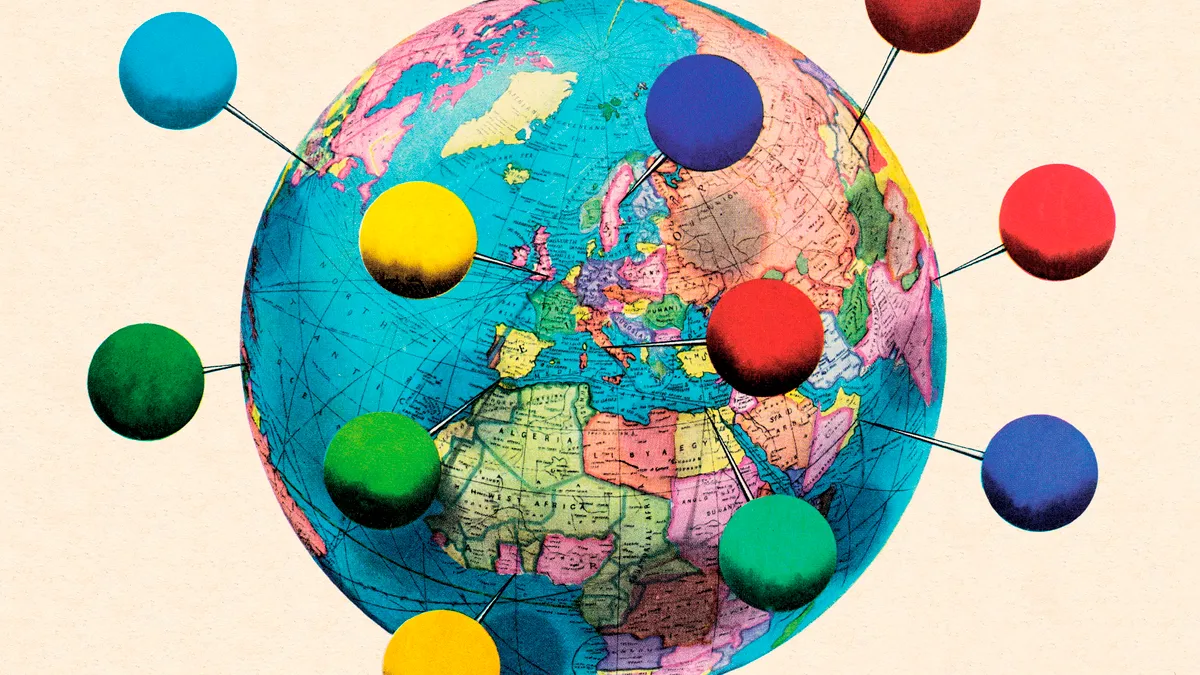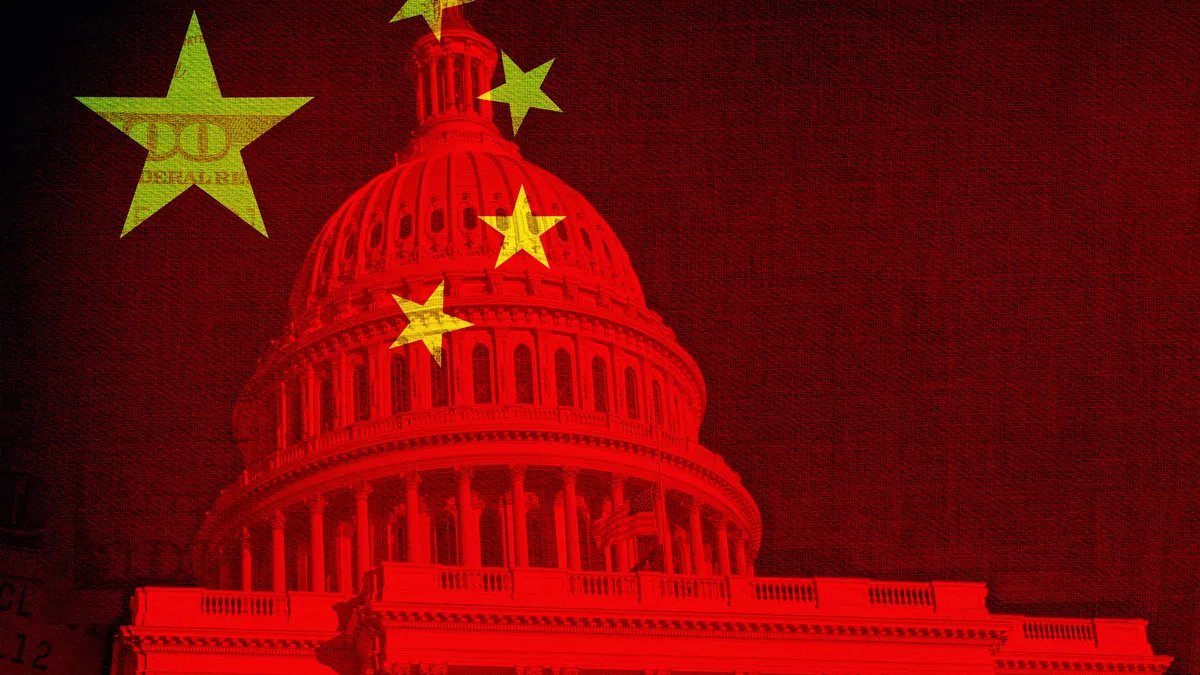Expanding a biotech or pharma company into global markets requires more than winning regulatory approval in different countries. It’s also about navigating relationships with clients around the world.
Chantal Friebertshäuser appreciates this more than most. As Moderna’s senior vice president for commercial in Europe, the Middle East, Canada and Australia, she’s among the top leaders helping to usher in the biotech’s new, global presence.

Friebertshäuser was born in France, spent much of her pharma career in Germany, and is now based in Switzerland for her role with Moderna. Despite that culture-straddling history, she still regularly has moments of uncertainty about local customs.
“It never goes away,” she said. “You always land into situations where you feel embarrassed.”
The key is being prepared, open and vulnerable enough to tell people that “you’re not part of their culture but you want to learn,” she said.
Friebertshäuser shared a few considerations for how biotech and pharma players can better approach global relations.
Consider local health priorities and infrastructure
Not every country deals with healthcare and health priorities the same way — even when they’re neighbors — so it’s important to understand local approaches. For instance, Friebertshäuser says countries like the United Kingdom and Portugal “have a very strong history and culture of prevention.”
“You can see that reflected in the vaccination coverage rates,” she said. “They have one of the strongest vaccination rates in the world.”
Other countries, like France and Germany, take a different approach and are very strong in disease management. Friebertshäuser pointed out that Germany, for example, emphasizes innovative therapeutics, quick access to care and fast reimbursement.
“You see some countries being first-in-class in prevention, some being first-in-class in treatment and they are all neighbors; they are all so close to each other,” she said.
Global biotech organizations can spread awareness of those differences in the countries they work with and point out best practices while being respectful and aware of why they exist.
“They are mostly cultural reasons for why something (is) in place there and not there,” Friebertshäuser says of different countries’ health infrastructures.
Get briefed by locals
Before meeting with international clients, Friebertshäuser first meets with her on-the-ground team in those countries and asks them to brief her on important cultural considerations. For instance, titles are approached differently depending on the country — one country’s minister of health might be another’s member of parliament or secretary of health.
"One of the major skills if you want to be a global player (is) you need to understand that your reality is not the reality of others."

Chantal Friebertshäuser
SVP, commercial, Europe, the Middle East, Canada and Australia, Moderna
Being prepared can also help with smaller faux pas that most people might never think about or learn until they encounter them. For instance, Friebertshäuser said she learned that in Japan, it’s customary, particularly for women, to leave a room backward so you don’t show your back. And in the U.K., she got funny looks when she ordered scones for breakfast.
Be open and honest
Friebertshäuser stresses honesty, and often reminds her colleagues that she’s from a different country and “will probably do things or (not) do things that will be odd for you.”
She also isn’t afraid to ask for feedback about behaviors she should do differently next time.
“After that meeting, tell me because if you don't tell me, I will never know,” she said. “That's my way of approaching it.”
However, being too open can cause problems, too. For example, humor is often very culturally specific, and jokes don’t always translate.
“I try not to do too much humor,” Friebertshäuser said. “I would refrain from doing that.”
Ultimately, Friebertshäuser said it’s about getting out of your comfort zone and adapting to where you’re at or the market you’re targeting.
“One of the major skills if you want to be a global player (is) you need to understand that your reality is not the reality of others,” Friebertshäuser said.











